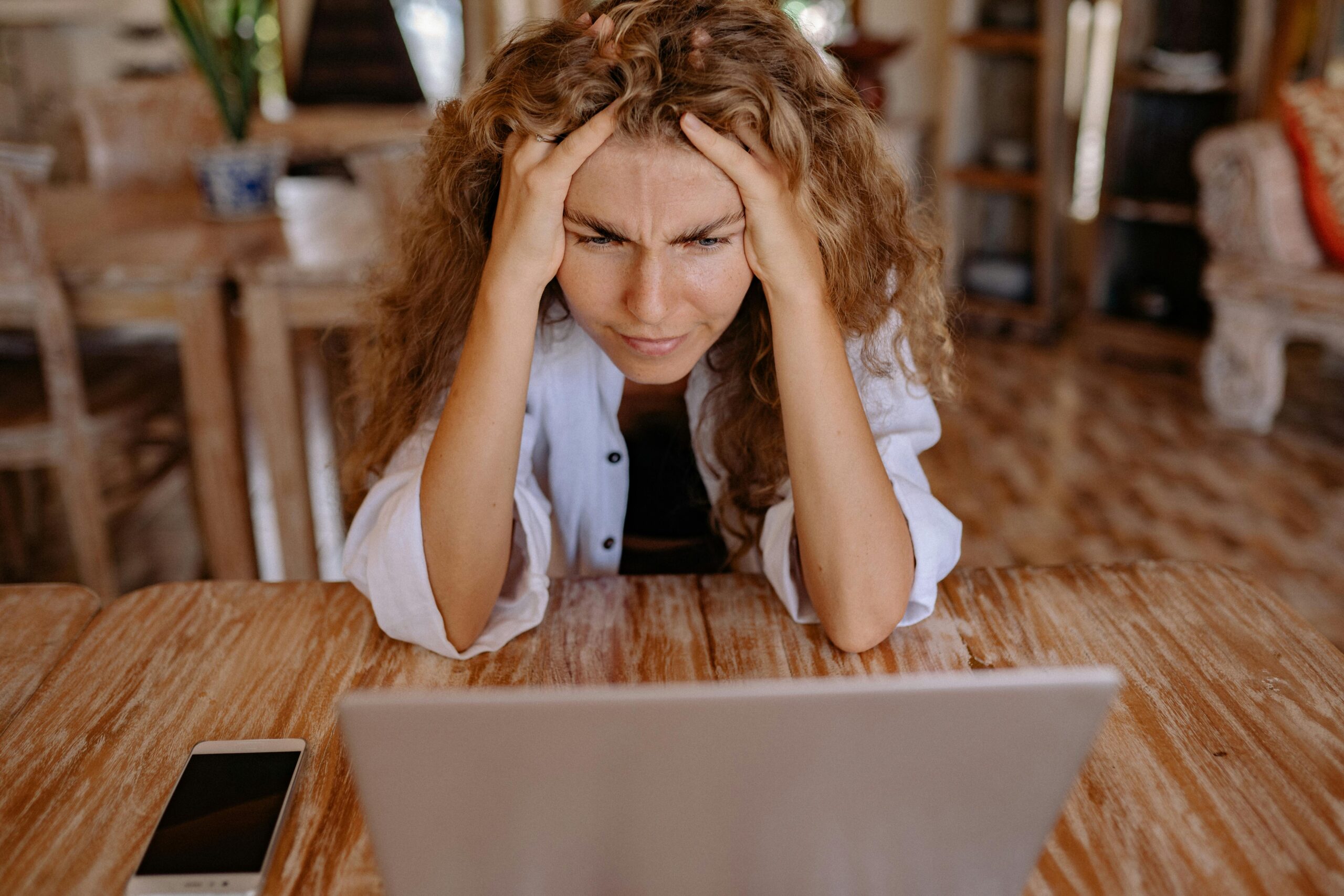If you’ve ever felt tightness, discomfort, or even sharp pain in your chest during a stressful moment, you may have wondered, Can anxiety cause chest pain? The answer is yes. Anxiety can cause chest pain, and while it’s not usually dangerous, it can feel alarming. For individuals in Edina, MN, dealing with anxiety or co-occurring issues like addiction, understanding how anxiety affects the body is key to finding relief. At IntegroRecovery Clinic, we help patients navigate anxiety and its physical symptoms with compassionate care.
Why Does Anxiety Cause Chest Pain?
Anxiety activates your body’s fight-or-flight response, preparing you to face or flee perceived danger. During this response, your body releases stress hormones like adrenaline, triggering physical changes:
- Muscle Tension: Anxiety causes your muscles, including those in your chest, to tighten. This can result in soreness or sharp pain.
- Rapid Breathing: Hyperventilation decreases carbon dioxide levels in the blood, which can lead to lightheadedness and chest discomfort.
- Increased Heart Rate: A racing heart may cause sensations of tightness or pressure in the chest.
Although these physical reactions are harmless for most people, they mimic symptoms of heart issues, which is why anxiety-induced chest pain can feel so frightening.
How to Differentiate Between Anxiety and Heart-Related Chest Pain
Anxiety-induced chest pain and heart-related chest pain can feel similar, but there are key differences:
- Anxiety Chest Pain: Often sharp or stabbing, localized to one area, and tends to improve with relaxation.
- Heart-Related Pain: Feels like pressure or squeezing, often spreads to the arms, back, or jaw, and worsens with physical exertion.
If you’re unsure whether your chest pain is anxiety-related, it’s essential to seek medical evaluation to rule out cardiac issues.
Can Anxiety Cause High Blood Pressure?
Yes, anxiety can temporarily cause high blood pressure. During an anxiety episode, your body releases stress hormones that make your heart beat faster and constrict blood vessels, increasing blood pressure. However, this is usually short-lived.
Temporary vs. Chronic High Blood Pressure
- Temporary Spikes: Anxiety-induced high blood pressure resolves when the anxiety episode subsides.
- Chronic High Blood Pressure: Long-term stress may contribute to ongoing hypertension, especially if paired with unhealthy habits like poor diet or lack of exercise.
While anxiety doesn’t directly cause chronic hypertension, managing stress effectively can help reduce its overall impact on your cardiovascular health.
Can Anxiety Cause Dizziness?
Yes, anxiety can also cause dizziness. Like chest pain, dizziness stems from your body’s fight-or-flight response.
Why Anxiety Causes Dizziness
- Hyperventilation: Breathing too quickly reduces carbon dioxide levels, disrupting the balance of oxygen in the brain. This can make you feel lightheaded.
- Tension: Muscle tightness in the neck and shoulders may reduce blood flow to the brain, leading to dizziness.
- Blood Pressure Fluctuations: Sudden changes in blood pressure during anxiety episodes can cause a spinning or unsteady sensation.
Dizziness from anxiety is generally not harmful but can feel unsettling. Learning to manage your symptoms can prevent it from disrupting your daily life.
Managing Anxiety-Related Symptoms
If you’re dealing with anxiety-induced chest pain, high blood pressure, or dizziness, there are steps you can take to find relief.
Immediate Strategies for Relief
- Deep Breathing Exercises: Slow, deep breaths can help calm your body’s stress response. Inhale for four counts, hold for four, and exhale for six.
- Grounding Techniques: Focus on physical sensations, such as touching a textured surface or drinking cold water, to center yourself.
- Progressive Muscle Relaxation: Tensing and releasing muscle groups can reduce overall tension.
Long-Term Solutions
To address anxiety and its physical symptoms, consider these long-term approaches:
- Therapy: Cognitive Behavioral Therapy (CBT) is highly effective in helping individuals reframe anxious thoughts and manage symptoms.
- Medication: In some cases, medications like SSRIs may help regulate anxiety. Always consult a healthcare provider before starting any medication.
- Lifestyle Changes: Regular exercise, a balanced diet, and consistent sleep can improve overall mental and physical health.
At IntegroRecovery Clinic, we provide personalized treatment plans tailored to your needs, ensuring a holistic approach to care.
FAQ: Can Anxiety Cause Chest Pain?
1. How long does anxiety-induced chest pain last?
It typically lasts a few minutes to an hour and improves with relaxation or stress reduction techniques.
2. Should I see a doctor if I have chest pain from anxiety?
Yes. Even if you suspect anxiety is the cause, it’s important to rule out any potential heart issues.
3. Can anxiety chest pain occur without feeling anxious?
Yes. Sometimes, physical symptoms like chest pain may appear even if you’re not aware of feeling anxious.
4. Can managing anxiety prevent chest pain?
Yes. Reducing overall anxiety through therapy, lifestyle changes, and relaxation techniques can minimize chest pain episodes.
5. Is anxiety chest pain harmful to my heart?
No. Anxiety chest pain is not directly harmful to your heart, but chronic stress can contribute to long-term health issues if left untreated.
6. What’s the best way to distinguish anxiety chest pain from a heart attack?
Anxiety chest pain often feels sharp and localized, while heart attack pain feels like squeezing or pressure and may radiate to other areas. Always consult a doctor if you’re uncertain.
Why Choose IntegroRecovery Clinic in Edina, MN?
If you’re struggling with anxiety and its physical symptoms, IntegroRecovery Clinic provides comprehensive support. Located in Edina, MN, our clinic offers evidence-based therapies to help you manage anxiety and improve your quality of life.
Our approach includes:
- Personalized Care: Every patient receives a tailored treatment plan.
- Integrated Support: We address anxiety and co-occurring issues like addiction simultaneously.
- Experienced Team: Our providers specialize in mental health and addiction recovery, ensuring you get expert guidance.
Conclusion: Taking Control of Anxiety
So, can anxiety cause chest pain? Yes, and it can also contribute to high blood pressure and dizziness. While these symptoms can feel alarming, they are manageable with the right strategies and support. At IntegroRecovery Clinic in Edina, MN, we’re here to help you navigate anxiety and its physical effects. Contact us today to learn more about how we can support your mental and physical well-being.




Comments are closed